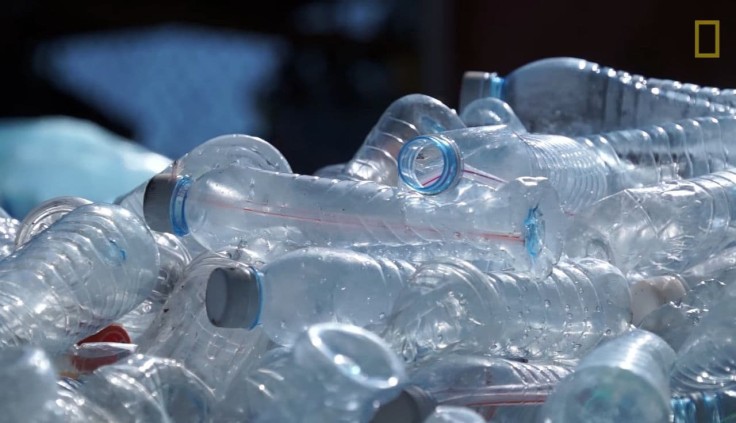
A group of scientists came up with a study and the invention featuring an open-source technology which can eventually track pollution caused by plastics. It is called the "message in a bottle", pertaining to the plastic bottles surfacing the Earth's waters all around the world.
Most of the scientists are all based in the United Kingdom, although some came from various countries all around the world. They are led by researchers from University of Exeter, which is a public research university in Exeter, Devon, South West England, and from the Zoological Society of London or ZSL. There were also representatives from the University of Plymouth in UK, the University of Georgia in USA, and the University of Dhaka in Bangladesh. They were also supported by consultancy company Icoteq Ltd which focuses on technology innovation, especially in the wireless technology industry.
ALSO READ: Flipino-Made AuREUS System Technology Bags Inaugural James Dyson Sustainability Award
The technology they developed features the use of Global Positioning System or GPS and satellite tags, in which both objects are inserted on plastic bottles. Through this method, the researchers had the capacity to track down the whereabouts of the bottles. They put those bottles in the Ganges or Ganga river that flows through India and Bangladesh, and in the famous Bay of Bengal which is the northeastern part of the Indian Ocean.
The Bottles On Their Way
Their experiment indicated that plastic bottles, which is one of the most considered causes of plastic pollution could travel thousands of miles within just a span of months. As the lead author of the study herself, Dr. Emily Duncan, a marine scientist from the Center for Ecology and Conservation on Exeter's Penryn Campus in Cornwall, she describes that the results of the study demonstrated that plastic pollution is truly a global issue. She also pointed out that a single piece of plastic which could be dropped in a river or the ocean can make its way to the "other side of the world."
There was a total of 25 500-milliliter bottles containing the GPS and the satellite tags that were dispatched in the Ganges river. The river is regarded as the second largest river to contribute plastic pollution on to the ocean, next to the Bay of Bengal. The bottles' shape and buoyancy were patterned from the structures of ordinary plastic bottles in order to somehow copy its supposed movements. It moved by stages, wherein most of the bottles got stuck while going its way on to the downstream.
According to Alasdair Davies, one of the researchers from the team hailing from ZSL, the hardware inserted on every plastic bottle is characterized by being open source, wherein it could be reproduced by other researchers. It could also give access to the other researchers to possibly enhance or modify the available solution, which Davies and his team created and developed with the same purpose of tracking plastics in the ocean or any other environmental waste.
The team is looking forward for their invention to be used in a proper manner, wherein it could be utilized as a tool of power to educate and raise awareness about the current situation of the environment.








